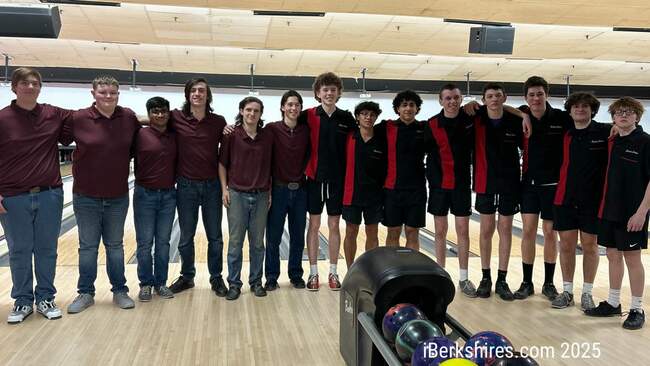
Rockwell's 'The Problem We All Live With' Remains Symbol of Struggle for Racial Equality
 |
| “The Problem We All Live With,” Norman Rockwell, 1963 Oil on canvas, 36” x 58” Illustration for “Look,” January 14, 1964 Licensed by Norman Rockwell Licensing, Niles, IL. From the permanent collection of Norman Rockwell Museum |
Among those Americans to take note of the event was artist Norman Rockwell, a longtime supporter of the goals of equality and tolerance. In his early career, editorial policies governed the placement of minorities in his illustrations (restricting them to service industry positions only), however in 1963 Rockwell confronted the issue of prejudice head-on with one of his most powerful paintings—”The Problem We All Live With.” Inspired by the story of Ruby Bridges and school integration, the image featured a young African-American girl being escorted to school amidst signs of protest and fearful ignorance. The painting ushered in a new era in Rockwell’s career, and remains an important national symbol of the struggle for racial equality.
“I was about 18 or 19 years old the first time that I actually saw it,” says Ruby Bridges Hall, who now serves on the board of Norman Rockwell Museum, which owns the original painting. “It confirmed what I had been thinking all along—that this was very important and you did this, and it should be talked about… At that point in time that’s what the country was going through, and here was a man who had been doing lots of work—painting family images—and all of the sudden decided this is what I am going to do… it’s wrong and I’m going to say that it’s wrong.”
The illustration appeared in the Jan. 14, 1964 issue of “Look” magazine, and earned Rockwell letters of both praise and criticism from readers unused to such direct social commentary from the illustrator. Rockwell would revisit the theme of civil rights in several other illustrations from the period, and in 1970 received the Million Dollar Club Award from The National Association for the Advancement of Colored People, for having contributed $1,000 to the organization.
“The Problem We All Live With” was the first painting purchased by Norman Rockwell Museum in 1975, and is currently on view in the national touring exhibition “American Chronicles: The Art of Norman Rockwell.” An intimate installation commemorating Ruby Bridges’ historic walk will be exhibited at the museum starting Saturday, Nov. 13, and will include studies, photographic references, and the original “Look” magazine tear sheet featuring Rockwell’s iconic image. On Sunday, Nov. 14, curator Corry Kanzenberg will give a one hour talk about the painting, starting at 11:30 a.m.
Bridges Hall, who founded The Ruby Bridges Foundation in 1999 to promote the values of tolerance, respect, and appreciation of all differences, commends Rockwell for having “enough courage to step up to the plate and say I’m going to make a statement, and he did it in a very powerful way.” Learn more about the Ruby Bridges Foundation at www.rubybridges.com.
Norman Rockwell Museum is located on 36 park-like acres in Stockbridge, Rockwell’s hometown for the last 25 years of his life. The museum is open year-round. From May through October, hours are 10 a.m. to 5 p.m. daily; from November through April, hours are 10 a.m. to 4 p.m. Monday through Friday, and 10 a.m. to 5 p.m. on weekends and holidays. Rockwell’s studio is open May through October, 10 a.m. to 5 p.m.. Museum admission is $15 for adults, $10 for students, and $13.50 for seniors. Antenna Audio Tour of select paintings from the museum’s permanent Norman Rockwell collection is available. For more information, the public is invited to visit www.nrm.org or call 413-931-2221.















